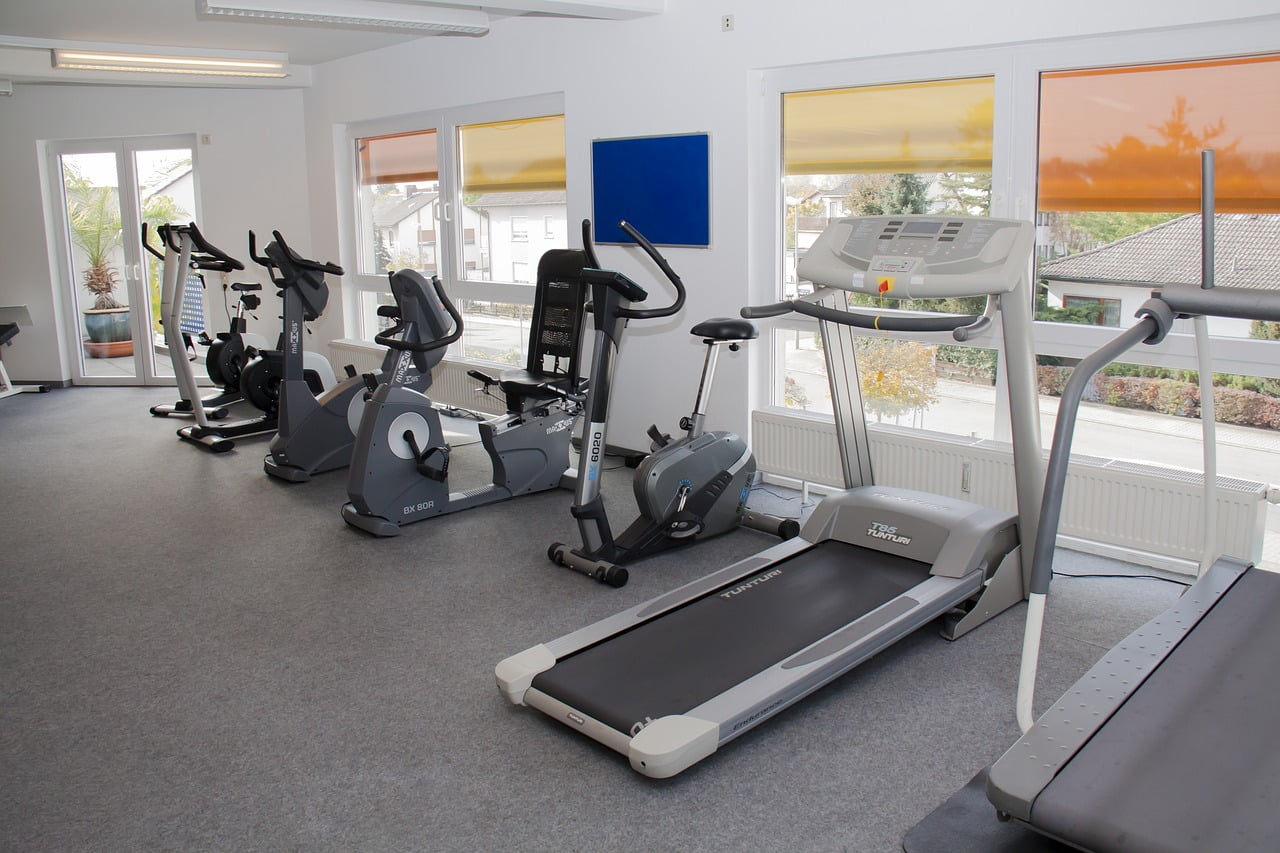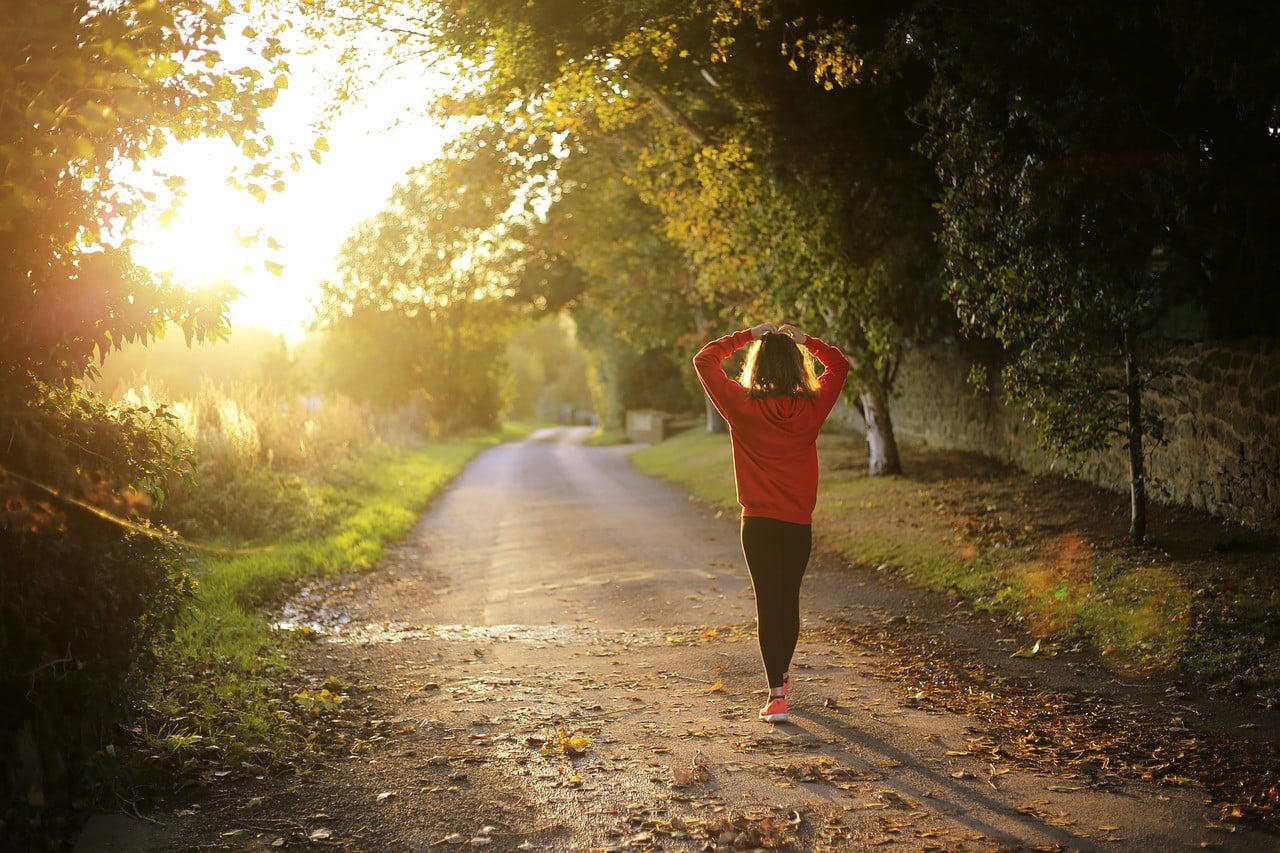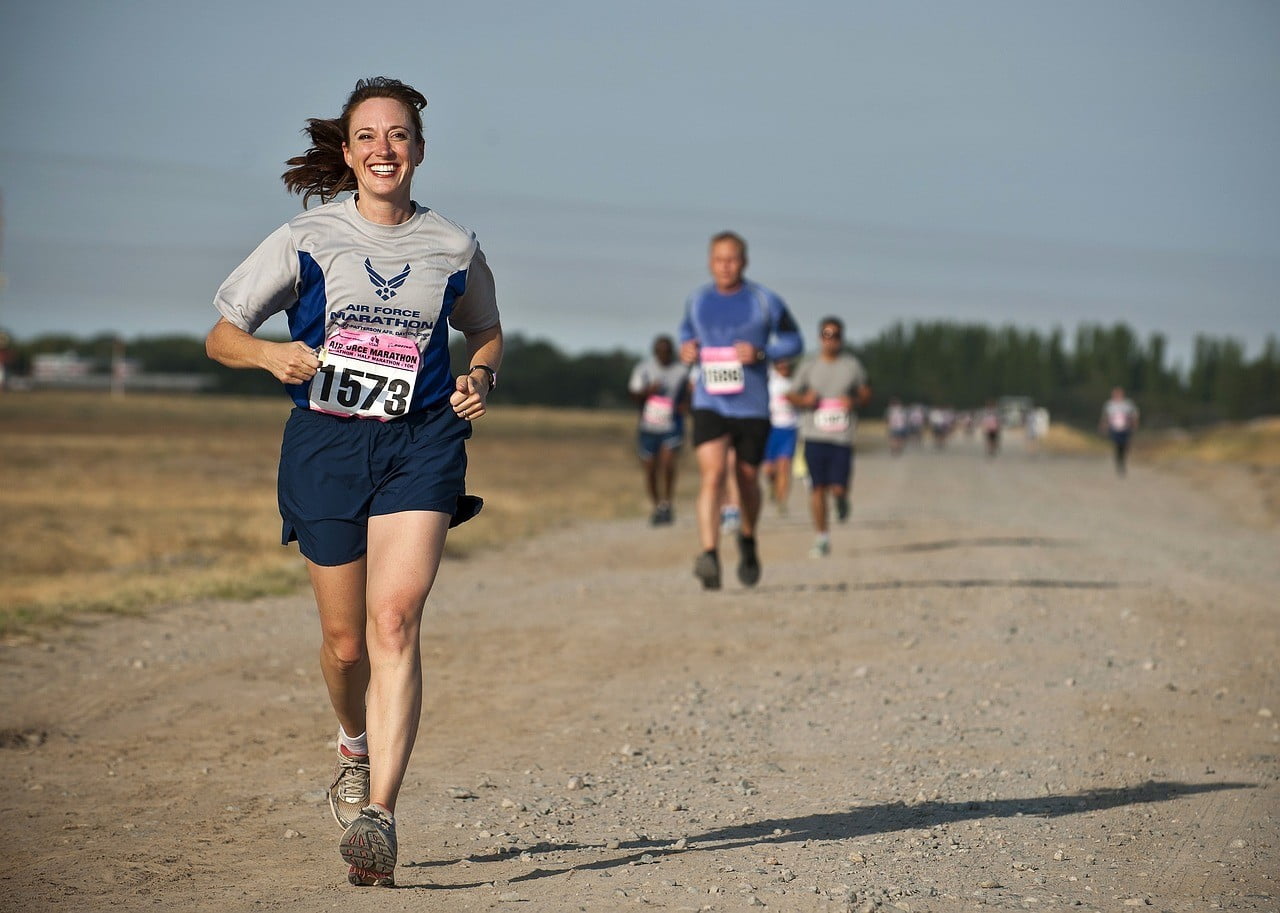Most of us would love to find an easy way to lose weight, or to improve our cardiovascular fitness. Gyms are excellent but can be expensive, they can also be a little intimidating to people who haven’t exercised in a while. There are also team sports, outdoor bootcamps, and cycling. But when it comes to simplicity nothing beats walking. In this article we are going to look at some of the benefits of walking daily for exercise, and how it can help you to lose weight and to get fit.
The Surprising Fat-loss Potential of Walking Daily
When Pokemon Go came out last Summer, lots of websites talked about the enthusiastic (or downright obsessed) fans who raced each other to become the first person to catch ‘em all. What they found was that the people who did the best, tended to have lost an amazing amount of body fat!
Why was this? Walking is not a particularly strenuous activity, most of us would not consider walking to work as a form of exercise. But while walking is not a particularly intense exercise, the cumulative value is huge. Walking 20 steps to go from your office to the bathroom might not be worth many calories, but increasing your daily steps from 2,000 to 10,000 can be massive.
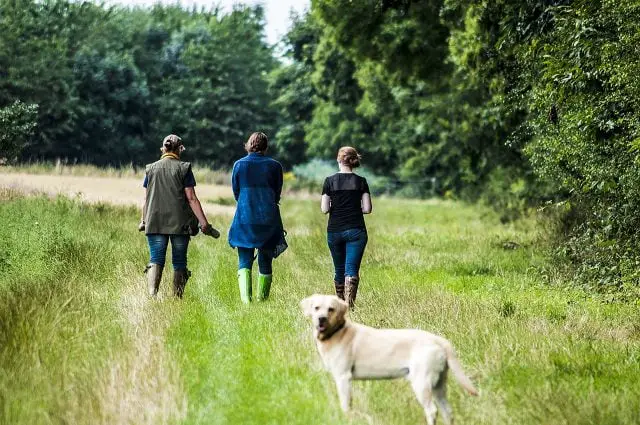
Ten thousand steps equals around 500 calories per day, meaning that there is a potential 3,500 calories a week that you could be burning. That’s why the Pokemon Go fans managed to lose so much weight over the course of 4 weeks, if they had been completely inactive they would have burned 14,000 calories just by walking.
The Importance of NEAT
Have you ever wondered how two people could eat the exact same amount of calories, neither do any real exercise and yet one will gain weight while the other loses it? The overweight person may blame their metabolism, and they aren’t completely wrong! Your metabolism is influenced by a number of different things, but one of them is called Non Exercise Activity Thermogenesis (or NEAT). This is a measure of all the calories that you burn without performing conscious exercise.
Things like washing up your plates after a meal, climbing stairs, doing DIY projects, running to catch a bus, and even little things like fidgeting while watching a film. They all add up over the day, and can end up contributing to a lot of burned calories. Studies have shown that overweight people tend to have lower NEAT than underweight or regular people.
This means that they will fidget less, a study by Levine et al (2005) found that obese people tended to sit down for 2 hours more than non-obese people [1], meaning that they ended up burning 350 calories less per day. The problem is that increasing NEAT unconsciously is very difficult, you can’t make yourself stand up for an extra 2 hours per day. Nor can you force yourself to fidget.
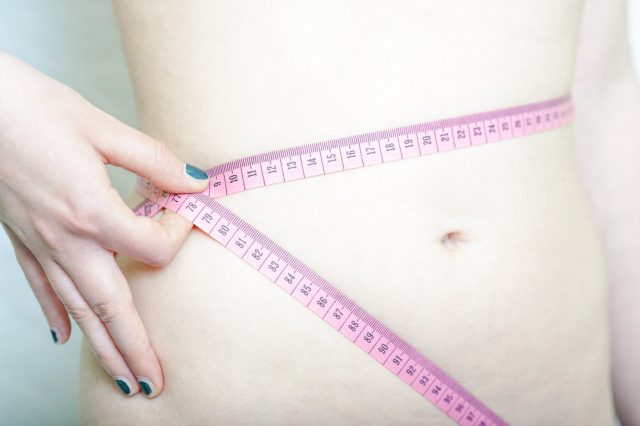
One thing that you can do though is consciously try to walk more, it’s easy to do. Set aside 30 minutes each day to walk somewhere nice, or if your work is near enough you could walk there instead of taking the car. Take the dog out twice a day rather than just once (he’ll love you for it), or just add a small walk around the office every 30 minutes while working.
Wearing a stepometer is one of the best ways of increasing your walking as you will now have a target to hit. Most people recommend increasing your step count to 10,000 per day, with studies finding this target particularly effective at increasing weight loss [2].
But if you’re just starting out then it might be advisable to measure what your current step count is, if you’re only walking 2,000 steps per day then trying to jump up to 10,000 immediately might end in failure. Even increasing your steps to just 3,000 a day would be a huge bonus in this scenario. Sports equipment such as the FitBit run weekly competitions between you and your friends which is another awesome way to increase your step count, as many of us respond well to competition.
Five Health Benefits of Walking Daily
There are many benefits to walking more, personal, financial, and environmental, but here is a quick list of five health benefits that you can get from walking.
- Walking can improve cardiovascular fitness
- Walking can lead to sustained weight loss
- Walking can help to lower stress
- Walking can strengthen leg muscles
- Walking can improve sleep
That last point may sound a bit crazy but increasing your activity can actually help you sleep better. A study in 1971 by Zir, Smith, & Parker found that slow-wave sleep (also known as deep sleep) and growth hormone release (responsible for bigger muscles and improved recovery from exercise) were positively affected by exercise [3].
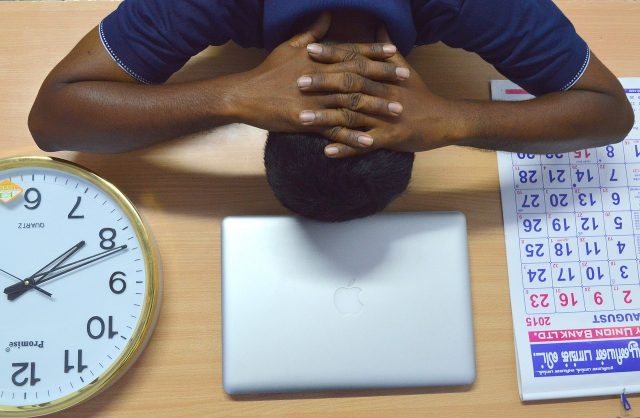
Walking (and exercise in general) has also been shown to improve our resilience to stress [4], studies have also shown that it may have anti-depressant effects too. This can really help people who are finding work or family life particularly difficult, which is why stressed people are often told to “go for a walk” to calm down.
How to Build Your Daily Walking Up
The first thing that you need to do is assess how often you currently walk each day, get yourself a stepcounter (downloading a free app is a great place to start but you can also get a fitbit or something similar) and walk normally for a week.
Once you have this baseline you can begin to set yourself targets, maybe walking 40 minutes a day is a good goal but you can get a lot of benefits from walking 20 minutes and then building it up slowly. Be realistic with your targets, and be consistent with your walking. You’ll soon start to notice how effective walking can be.
Steps to Success
- Download a stepcounter app
- Plan out how you are going to achieve your step target
- Find interesting walks in your area
- Create an awesome playlist or listen to an audiobook
- Be consistent and try to walk every day

There are many benefits of walking daily which we’ve discussed in this article, and many benefits that can’t really be put into words. Discovering a new part of your neighbourhood or walking whilst the weather is just right are experiences that may not have health benefits, but they can be excellent moments that you just don’t experience on a treadmill at the gym, or on your couch at home. Give it a go today, it might be the best decision you ever made.
References
- [1] https://www.ncbi.nlm.nih.gov
- [2] http://www.ajhpcontents.com
- [3] https://academic.oup.com
- [4] http://www.sciencedirect.com

